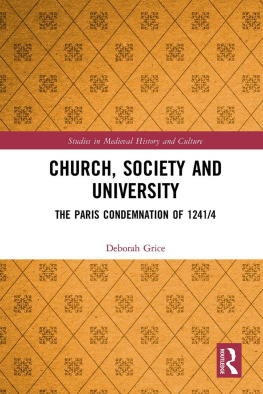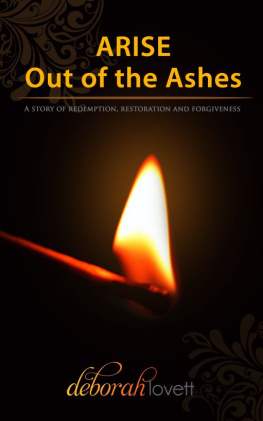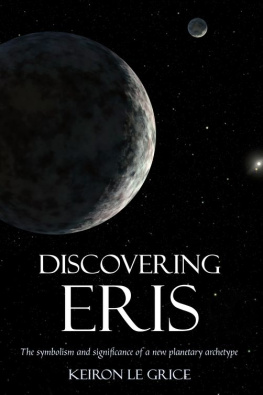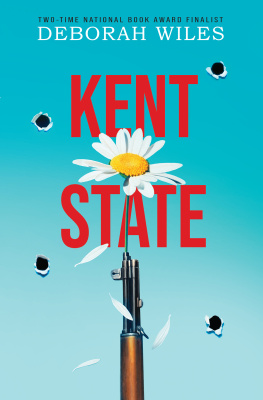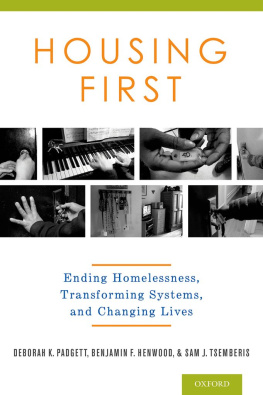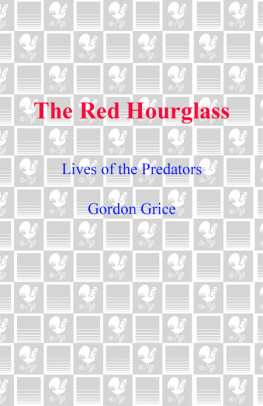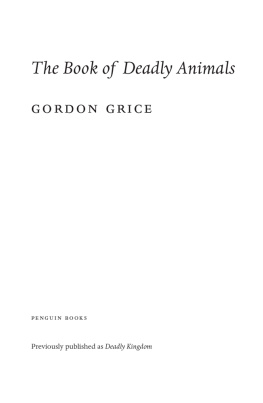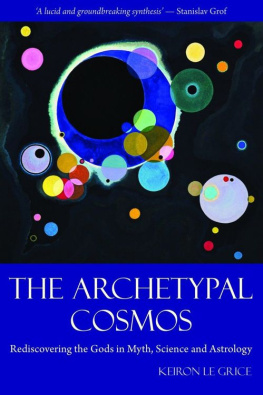Church, Society and University
In 1241/4 the theology masters at the university at Paris with their chancellor, Odo of Chateuroux, mandated by their bishop, William of Auvergne, met to condemn ten propositions against theological truth. This book represents the first comprehensive examination of what hitherto has been a largely ignored instrument in a crucial period of the universitys early maturation. However, the books ambition goes wider than this. The condemnation provides a window through which to view the wider doctrinal, intellectual, institutional and historical developments within the emerging university. These include the advent of the Dominicans and Franciscans at the university; and the developing focus of Paris theologians on using their learning for preaching at a time of rapid and sometimes divergent development of doctrine and concerns over the newly translated Aristotelian and associated Arab and Jewish works, heresy, the Greek Church and the Jews.
The book compares the condemnations ten articles with the major statement of Catholic principles in the first canon of the Fourth Lateran Council, 1215, and assesses what conclusions can be drawn from their apparent correlation.
Its examination of the condemnation in the context of the surrounding wider developments provides the basis for a much better understanding of the university and its theology faculty in the formative years between the grant of its statutes in 1215 and the better known period from the 1250s onwards, which included major figures such as Thomas Aquinas; and this, in turn, should lead to a better understanding of the later period itself and its doctrinal and institutional developments.
After an initial degree in classics at Oxford University, Deborah Grice had a career in the UK Home Civil Service. She then pursued an MA at Kings College London in Late Antique and Byzantine Studies and a doctorate in medieval history at Oxford University a gradual progression forward through history. Since completing her PhD in 2017 she has continued her research in the field of medieval history, in particular forbidden ideas and academic heresy, including presenting papers at international conferences and participating in workshops.
Studies in Medieval History and Culture
Recent titles include
The Charisma of Distant Places
Travel and Religion in the Early Middle Ages
Courtney Luckhardt
The Death Penalty in Late-Medieval Catalonia
Evidence and Signification
Flocel Sabat
Church, Society and University
The Paris Condemnation of 1241/4
Deborah Grice
The Sense of Smell in the Middle Ages
A Source of Certainty
Katelynn Robinson
Travel, Pilgrimage and Social Interaction from Antiquity to the Middle Ages
Edited by Jenni Kuuliala and Jussi Rantala
First published 2020
by Routledge
2 Park Square, Milton Park, Abingdon, Oxon OX14 4RN
and by Routledge
52 Vanderbilt Avenue, New York, NY 10017
Routledge is an imprint of the Taylor & Francis Group, an informa business
2020 Deborah Grice
The right of Deborah Grice to be identified as author of this work has been asserted by her in accordance with sections 77 and 78 of the Copyright, Designs and Patents Act 1988.
All rights reserved. No part of this book may be reprinted or reproduced or utilised in any form or by any electronic, mechanical, or other means, now known or hereafter invented, including photocopying and recording, or in any information storage or retrieval system, without permission in writing from the publishers.
Trademark notice : Product or corporate names may be trademarks or registered trademarks, and are used only for identification and explanation without intent to infringe.
British Library Cataloguing-in-Publication Data
A catalogue record for this book is available from the British Library
Library of Congress Cataloging-in-Publication Data
Names: Grice, Deborah, 1950- author.
Title: Church, society and university: the Paris Condemnation of 1241/4 / Deborah Grice.
Description: Abingdon, Oxon; New York, NY: Routledge, 2020. |
Series: Studies in medieval history and culture | Includes bibliographical references and index. | Summary: In 1241/4 the theology masters at the university at Paris with their chancellor, Odo of Chateauroux, mandated by their bishop, William of Auvergne, met to condemn ten propositions against theological truth. This book represents the first comprehensive examination of what hitherto has been a largely ignored instrument in a crucial period of the universitys early maturation. However, the books ambition goes wider than this. The condemnation provides a window through which to view the wider doctrinal, intellectual, institutional and historical developments within the emerging university. These include the advent of the Dominicans and Franciscans at the university; and the developing focus of Paris theologians on using their learning for preaching at a time of a rapid and sometimes divergent development of doctrine and concerns over the newly-translated Aristotelian and associated Arab and Jewish works, heresy, the Greek Church and the Jews. The book compares the condemnations ten articles with the major statement of Catholic principles in the first canon of the Fourth Lateran Council, 1215, and assesses what conclusions can be drawn from their apparent correlationProvided by publisher.
Identifiers: LCCN 2019016907 (print) | LCCN 2019981111 (ebook) | ISBN 9780367194383 (hardback) | ISBN 9780429202360 (ebk.)
Subjects: LCSH: Catholic ChurchDoctrinesHistory. | Universite de ParisHistoryTo 1500. | Lateran Council (4th: 1215: Palazzo Lateranense) | Theology, DoctrinalHistoryMiddle Ages, 600-1500. | TheologyStudy and teachingFranceParisHistoryTo 1500. | TheologyStudy and teachingCatholic ChurchHistoryTo 1500.
Classification: LCC BT50 .G65 2020 (print) | LCC BT50 (ebook) | DDC 230/.209022dc23
LC record available at https://lccn.loc.gov/2019016907
LC ebook record available at https://lccn.loc.gov/2019981111
ISBN: 978-0-367-19438-3 (hbk)
ISBN: 978-0-429-20236-0 (ebk)
Typeset in Times New Roman
by Deanta Global Publishing Services Chennai, India



